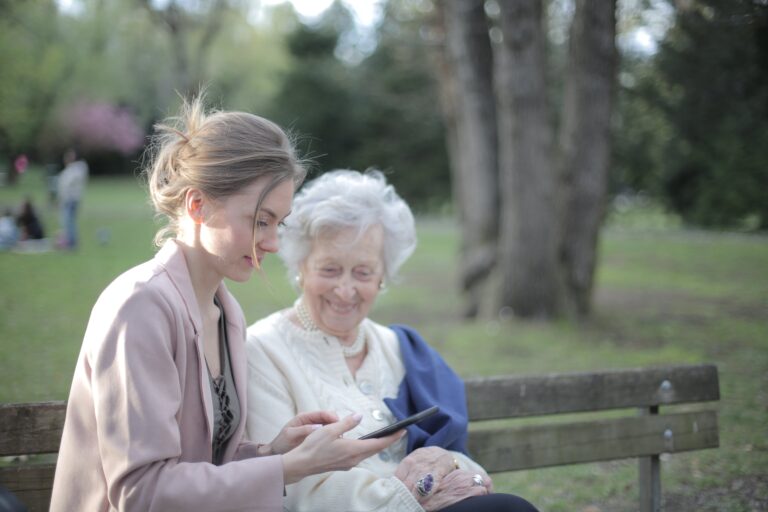
Essential Estate Planning Considerations for Minor Children
Estate Planning for Minor Children
It is paramount for parents to have an estate plan that not only takes care of their personal and financial matters but also addresses the well-being of their minor child or children. Delving into estate planning considerations can be overwhelming, especially when young children are involved. This guide will provide you with a comprehensive understanding of estate planning for minors.
Estate Planning: Why Is It Essential for Parents with Young Children?
Estate planning for parents with young children involves setting up mechanisms to ensure that, in the event both parents pass away, their children will be cared for in the desired manner. Many parents overlook this critical aspect. However,ensuring their children have the protection and support they need is vital.
What Is a Trust and Why Is it Important for Minor Children?
A trust is a legal entity that holds and manages assets for the benefit of certain persons or entities, typically the minor child or children. A trust may be established to ensure that your child receives the inheritance at an appropriate age. The trustee is also responsible for managing the trust assets for the child’s benefit until they reach the age of majority.
Appointing a Guardian: Who Will Care for Your Children in the Event Both Parents Die?
Choosing a guardian for your child is one of the most critical decisions in an estate plan. The guardian is entrusted with raising your child if both parents die or become incapacitated. Young parents, especially, need to decide who they would trust to raise their children if both parents are not around. Appointing someone you trust and discussing your wishes with them beforehand is essential.
Power of Attorney: Who Makes Decisions on Your Behalf?
A power of attorney is a legal document that allows a person to act on your behalf if you become incapacitated. There are different types of power of attorney, such as financial power and medical power. The former deals with financial matters, while the latter allows someone to make medical decisions for you.
Special Needs Planning: What If One of Your Children has Special Needs?
If you have a child with special needs, specific considerations should be included in the estate plan. A special needs trust is a tool parents can use to ensure that the inheritance does not disqualify the child from receiving essential government benefits. Estate planning for special needs children requires meticulous attention to detail to safeguard their interests.
Life Insurance: Ensuring Financial Security for Your Children
Life insurance plays a crucial role in estate planning for parents with minor children. In the unfortunate event that one or both parents pass away, the life insurance proceeds can provide financial stability for the children. This ensures that they have the means for education, healthcare and other essential needs.
The Last Will and Testament: A Fundamental Estate Planning Document
A last will and testament primarily directs how your personal property should be distributed after your death. Parents need to stipulate their desires, especially regarding their children’s inheritance.
Beneficiary Designations: Make Sure That Assets Go Where You Want
Ensuring the correct beneficiary designation on assets, like retirement accounts, is vital when drafting an estate plan. Incorrect or outdated designations can result in unintended consequences, potentially sidelining the intended benefits for your minor children.
Trusts for Children from Previous Relationships
For parents with children from previous relationships, establishing a trust can ensure that all children, irrespective of their biological ties, are treated equitably. This ensures that the inheritance and trust assets are distributed according to the parent’s wishes.
In Conclusion: Key Takeaways
- Establishing an estate plan is vital for parents with minor children.
- Setting up a trust can protect a child’s inheritance until they reach a suitable age.
- Appointing a trusted guardian ensures that your children are in safe hands should anything happen to both parents.
- Power of attorney is essential for someone to make decisions on your behalf if you become incapacitated.
- Parents with special needs children should consider setting up a special needs trust.
- Life insurance is crucial for the financial security of your children.
- Always ensure that beneficiary designations are updated and correct.
- Trusts can be especially useful for parents with children from previous relationships.
To ensure that your estate plan aligns with your desires and the well-being of your minor child or children, consider consulting an estate planning attorney or law firm. They can guide you through the intricate details and help you make the best choices for your family’s future.









